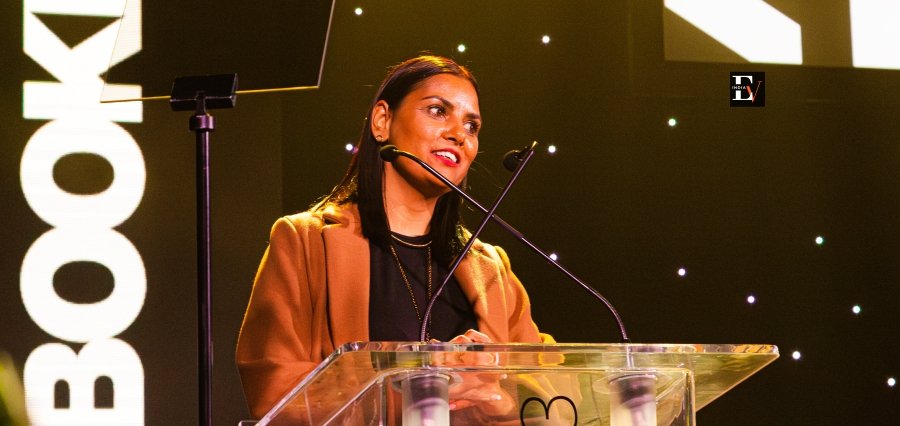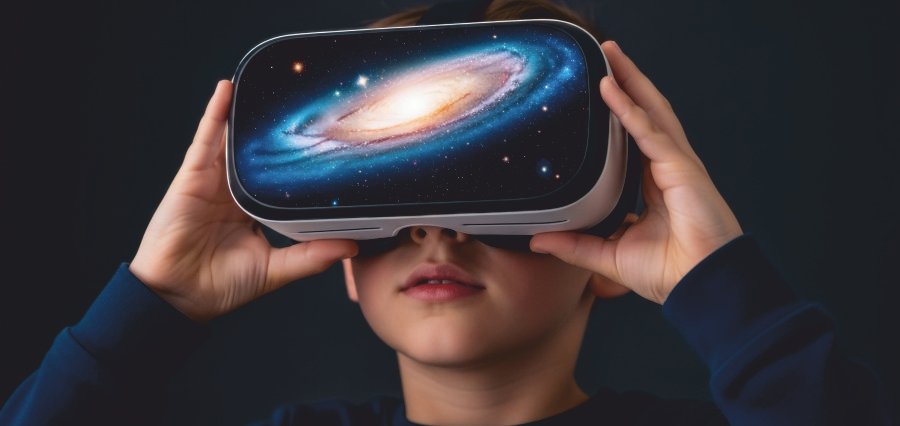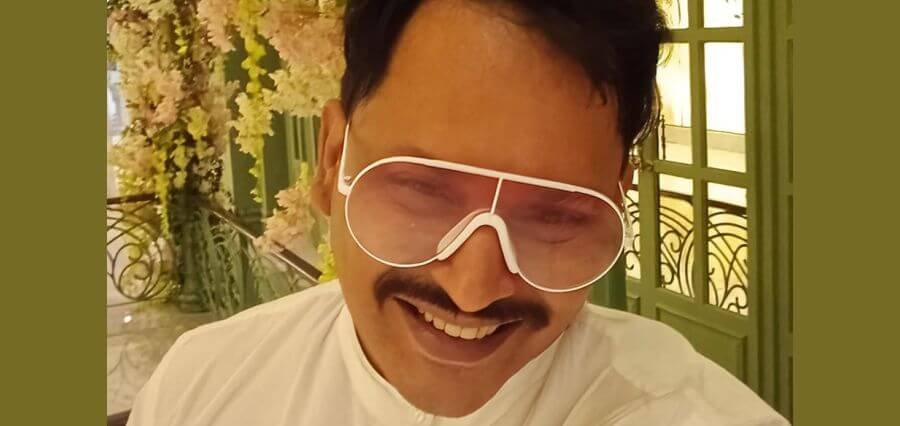Razia Pillay, A Leadership in New Education
As we approach 2030, the labor market is poised for signi icant transformation. The World Economic Forum’s Future of Jobs Report 2025 anticipates the creation of approximately 170 million new jobs by the end of this decade, driven by technological advancements and evolving industry needs.
This projection underscores a critical question: Should we persist with our current educational paradigms, or proactively transform them to prepare our youth for an unpredictable future?
Today’s educational systems often impose rigid routines, conining students to environments that stifle creativity and critical thinking. The lack of personalized support further hampers individual development, leading to a workforce ill-equipped for leadership and innovation.
In 2021, in collaboration with an educational partner, I co-facilitated a leadership program targeting unemployed graduates, averaging 23 years of age. Despite holding degrees, these individuals struggled to secure employment. Through our engagement, it became evident that their challenges stemmed not from a lack of skills but from diminished self esteem and conidence, products of an education system that failed to nurture their unique strengths.
By the program’s conclusion, participants had embraced their individual talents, emerging with renewed conidence and a clear direction. This transformation was achieved through personalized mentorship, empathy, and the freedom to explore their identities.
Additionally, in 2020, I developed a curriculum for students excluded from traditional education due to challenges such as substance abuse, criminal activity, or teenage pregnancy. This program equipped them with digital marketing skills, enabling them to support local businesses during the COVID-19 pandemic and engage in the gig economy through platforms like Fiverr. These students departed with enhanced self-belief, a growth mindset, and practical skills to effect positive change in their communities.
Such educational models require forward-thinking approaches that our current systems are ill-prepared to support. Having experienced a rigid educational structure myself, I am committed to ensuring that future generations, including my own children, are not subjected to the same constraints, especially in a world undergoing rapid transformation.
We have a responsibility to establish new educational standards, as our predecessors did, to cultivate adults who embody the qualities we once aspired to. The educator of 2030 and beyond will transcend traditional roles, embodying a growth mindset and a commitment to continuous self-improvement. They will impart self-acquired tools and insights, empowering new generations to shape a better world.
This evolving educational landscape will be further enhanced by technologies such as artificial intelligence and quantum computing, integrated into innovative curricula
As we embark on a pilot project in 2025, I extend an invitation to policymakers, innovators, and early adopters to join this transformative movement. Together, we can redeine education, equipping our youth to navigate and thrive in an ever-evolving world.
About the Author
Razia Pillay is an educator and speaker on a mission to reimagine education for a rapidly changing world. With a passion for blending innovative learning methods like quantum dynamics, Montessori, and AI-driven education, she’s reshaping how we think about schooling. Her talks are all about exploring how we can prepare today’s students for the realities of tomorrow—building skills that go beyond the classroom. Through engaging online talks and workshops, Razia Pillay inspires audiences to rethink what’s possible in education, especially as we look toward 2030 and beyond.





